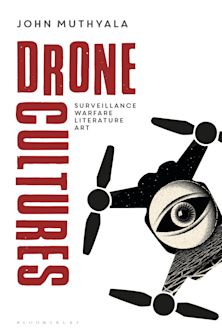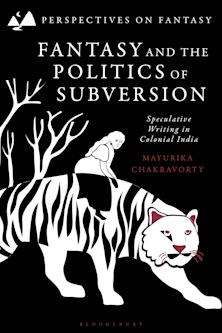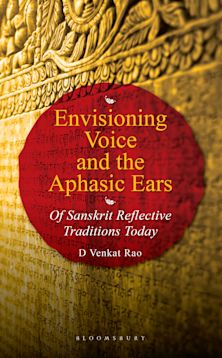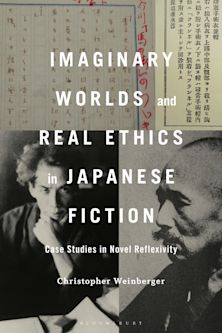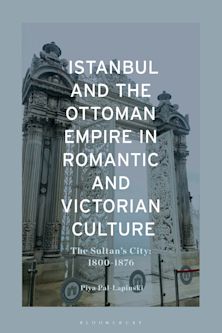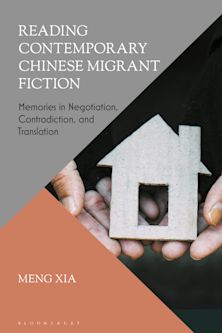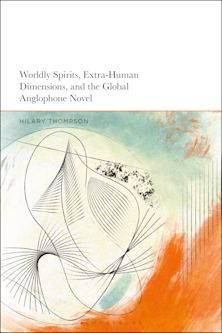Literature among the Ruins, 1945–1955
Postwar Japanese Literary Criticism
Literature among the Ruins, 1945–1955
Postwar Japanese Literary Criticism
This product is usually dispatched within 3 days
- Delivery and returns info
-
Free CA delivery on orders $40 or over
Description
In the wake of the disaster of 1945—as Japan was forced to remake itself from “empire” to “nation” in the face of an uncertain global situation—literature and literary criticism emerged as highly contested sites. Today, this remarkable period holds rich potential for opening new dialogue between scholars in Japan and North America as we rethink the historical and contemporary significance of such ongoing questions as the meaning of the American occupation both inside and outside of Japan, the shifting semiotics of “literature” and “politics,” and the origins of what would become crucial ideological weapons of the cultural Cold War.
The volume consists of three interrelated sections: “Foregrounding the Cold War,” “Structures of Concealment: ‘Cultural Anxieties,’” and “Continuity and Discontinuity: Subjective Rupture and Dislocation.” One way or another, the essays address the process through which new “Japan” was created in the postwar present, which signified an attempt to criticize and reevaluate the past. Examining postwar discourse from various angles, the essays highlight the manner in which anxieties of the future were projected onto the construction of the past, which manifest in varying disavowals and structures of concealment.
Table of Contents
Part I: Foregrounding the Cold War
Chapter 1: Early Freeze Warning: The Politics and Literature Debate as Cold War Culture, Michael K. Bourdaghs
Chapter 2: The Korean War and Disputed Memories: Kim Dal-su's Nihon no fuyu and the 1955 System, Ko Youngran, translated by Michael K. Bourdaghs
Chapter 3: Politics and Culture of Fascism, Ann Sherif
Part II: Structures of Concealment: Cultural Anxieties
Chapter 4: Cultural Resentment and Valorization in Postwar Japanese Literary Criticism: Nakamura Mitsuo's Literary History, Atsuko Ueda
Chapter 5: Small Hopes and a Terror: Kato Shuichi's and Mori Arimasa's 1955 Return from France, Doug Slaymaker
Chapter 6: Language and the People: The Amateur Writing Subject in Kindai bungaku, Shin Nihon bungaku, and Shiso no kagaku, Richi Sakakibara, translated by Atsuko Ueda
Part III: Continuity and Discontinuity: Subjective Rupture and Dislocation
Chapter 7: Temporalities of Ruin: Shii
Product details
| Published | Jun 29 2020 |
|---|---|
| Format | Paperback |
| Edition | 1st |
| Extent | 208 |
| ISBN | 9780739180730 |
| Imprint | Lexington Books |
| Dimensions | 222 x 153 mm |
| Series | New Studies in Modern Japan |
| Publisher | Bloomsbury Publishing |
Reviews

ONLINE RESOURCES
Bloomsbury Collections
This book is available on Bloomsbury Collections where your library has access.












